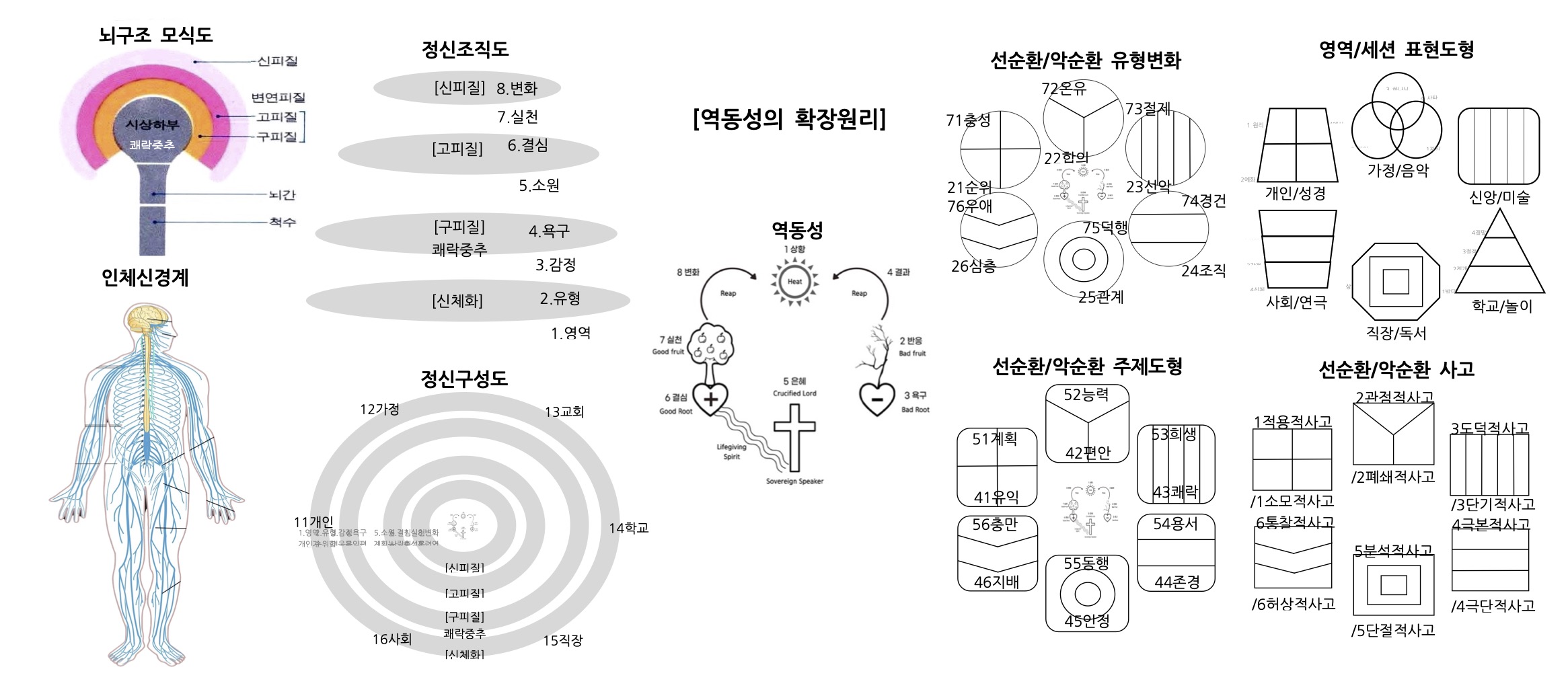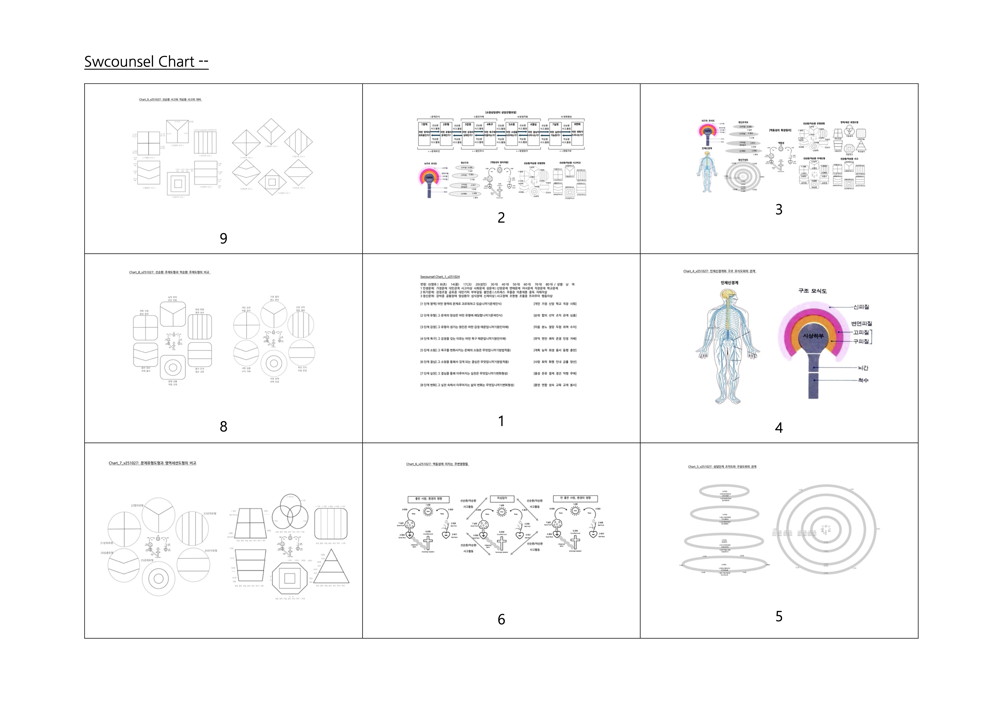One of the most frequent questions asked by counseling students is: how do we counsel unbelievers? How do we offer words about Jesus to those who have no commitment to him?
In order to answer these questions, first consider a counselor’s unique vantage point. Our conversations usually take place when old ways of managing life are ineffective, and there is a sense of personal neediness. In such a context, unbelievers who once wanted nothing to do with religion are now pleased to have someone pray for them or a family member. Desperation can sometimes open the heart to spiritual matters. As such, we might speak with unbelievers in a way quite similar to how we would speak with believers.
Using the law
I have an atheist friend, who believes only in what he can see and has no interest at all in anything connected to Jesus. But he was willing to meet when his wife wanted help for their marriage. Though mild-mannered and calm, his actual words toward his wife could be dismissive, condescending and cruel. When I pointed out the piercing nature of those words and the oath he had made to love, he was quick to respond. He recognized wisdom when he heard it. He asked his wife’s forgiveness and set out on a course of patience and kindness. His changes were such obvious signs of spiritual vitality that I asked if he wanted to talk more specifically about Jesus. His answer was no, but he persisted in his efforts to love his wife.
Helping in time of need.
A year later this same friend called for help with a different problem. His daughter was in the midst of a psychotic episode and he was undone. We arranged for hospitalization, which had some benefit but her instability continued. So I would meet with him to encourage him in the ways he could serve his daughter and to pray for him.
He was grateful for both interactions.
Overhearing grace
Other times, people hear the gospel when we don’t know they are listening.
I once had the opportunity to meet with a Christian woman who struggled with overwhelming anxiety and incipient depression. Her husband was not a Christian, but he was committed to helping his wife. In fact, he was the one who set up the appointment with me because he knew that his wife would prefer speaking with a Christian counselor. He even came to our counseling times as often as he could.
“You can talk about the Bible together, and I’ll just sit over here,” he would say. And we did just that. We talked about her struggles and God’s surprising mercy to those who are fearful.
I remember one of our hours together when her faith in Christ was barely discernible. As I tried to engage her with realities about Jesus that were usually important to her, but were far from her at that moment, her husband moved his chair forward and sat with us rather than off to the side. He started talking. He started counseling her.
“Sweetie, I know you are upset, but you have to listen. You are not trusting Jesus right now. You are not remembering the promises he made to you. You are acting like you are all alone when God is with you. You need to trust him.”
At first I thought he was trying to channel me, until I realized that he was speaking much better than I was. A month later he invited me to lunch and told me that he had put his trust in Jesus. As it turned out, I was the one observing from the side while the Spirit and the Word did their work.
The task for biblical counselors is to multiply these kinds of illustrations as a way to demonstrate that God’s words are not for a niche clientele but are for all the nations.


 관리자
관리자





 shine
shine




상담을 공부하는 학생들이 가장 빈번하게 하는 질문중의 하나는 불신자들에게 어떻게 상담을 하는지와 예수님에게 연결되어 있지 않은 사람들에게 말씀을 어떻게 전달하는지에 대한 것이다. 이러한 질문에 대답하기 위해서는 먼저 상담가가 특별히 유리한 위치에 있음을 고려해야 할 것이다. 상담가와 피상담자의 대화는 대개 삶을 다루었던 기존의 방식들이 더이상 효과적이지 않을 때 이루어지며 개인적인 도움이 필요하다고 느껴지는 상황이다. 그러한 상황하에서는 한때 종교와 아무 연관을 맺고 싶어하지 않았던 사람일지라도 누군가 자신이나 가족구성원을 위해 기도해주는 것을 기쁘게 여긴다. 절박한 마음은 때때로 사람들이 영적인 문제에 마음을 열수 있게 하므로 그런식으로 우리는 신자들에게 얘기하는 방식과 아주 비슷한 방식으로 불신자들에게 이야기하는 것이 가능하다.
순리에 따라서
나에게는 무신론자인 친구가 있는데 그친구는 자신이 볼수있는 것만 믿고 예수님과 관련된 어떤것에도 아무 흥미가 없는 사람이다. 그러나 그 친구는 자신의 아내가 결혼생활때문에 도움받기를 원했을때 나를 만나는데 주저하지 않았다. 그가 평상시에 아내에게 사용하는 말은 부드럽고 차분했지만 다소 무시하는 투와 잘난체하는 듯하며 무정하게 들릴수도 있었다. 내가 그러한 말들이 상대방의 마음을 아프게 찌를수 있다는 것과 그가 했던 사랑의 서약을 상기시켰을때 그 친구는 재빨리 반응하였는데 아내의 용서를 구했고 인내와 친절을 실천하기로 마음을 정했다. 그의 변화는 영적인 생명력을 너무나 분명히 보여주는 신호였기 때문에 나는 그에게 예수님에 대해 더 구체적으로 얘기를 나누고 싶은지 물어보았다. 비록 거절하기는 했지만 그는 계속해서 아내를 사랑하기 위해 노력하고 있다.
도움이 필요한 때에 도와주기
일년후에 같은 친구가 다른 문제로 도움을 요청했다. 딸에게 정신병적 증상이 나타나는 중이었고 그는 절망하였다. 우리는 입원을 준비했고 입원을 통해 얼마간의 도움도 받았지만 딸의 불안정한 증상은 계속되었다. 그래서 나는 그를 만나 그가 딸을 도울수 있는 여러가지 방법들에 대해 알려주며 격려하였고 그를 위해 기도했다. 그는 이러한 두가지 방식의 소통에 대해 고마워했다.
부지불식간에 듣는 은혜
평소에 사람들은 우리가 그들이 그것을 듣고 있는지도 모를때에 복음을 듣고있다. 한번은 엄청난 불안감과 초기단계의 우울증으로 괴로워하는 크리스쳔 여성을 만난적이 있다. 그녀의 남편은 기독교인이 아니었지만 아내를 돕는데 헌신적이었고 아내가 기독교 상담가를 선호하는 것을 알았기 때문에 나와 약속을 잡았다. 심지어 그는 시간이 허락할때마다 상담시간에 같이 왔다. "성경에 대해 같이 얘기하셔도 됩니다. 저는 저쪽에 앉아있겠습니다." 라고 말하곤 했는데 우리는 그렇게 했다. 우리는 그녀가 겪고 있는 어려움과 두려워하는 사람들에게 베풀어지는 하나님의 놀라운 긍휼에 대해 이야기했다. 함께 상담했던 시간중에 그녀가 하나님을 믿는 믿음이 거의 눈에 띄지 않을정도라는 것을 느낀 시간이 있었는데 그녀에게 평상시에는 아주 중요했지만 그 당시에는 너무나 멀게만 느껴졌던 예수님의 실재에 대하여 그녀의 관심을 이끌려고 했을때 그녀의 남편이 의자를 앞으로 움직여 옆에 떨어져있다기 보다는 우리와 함께 앉아 말하기 시작하였고 그녀에게 조언을 주기 시작했다. "여보, 당신이 기분이 안좋다는 것을 알지만 들어야해. 당신은 지금 이순간 예수님을 신뢰하고 있지않아. 그리고 예수님이 당신에게 했던 약속들도 기억하지 못하고 있어. 당신은 하나님이 당신과 함께 계신데도 마치 혼자 있는것처럼 행동하는데 하나님을 신뢰하는 것이 필요해." 첨에 난 그가 내생각을 전달하는 것이라고 생각했지만 나중에야 그가 나보다 훨씬 더 낫게 얘기하고있다는 것을 깨달았다. 한달후에 그가 나를 점심식사에 초대하였고 그가 예수님을 믿는다고 말하였다. 이미 드러난것처럼 나는 성령님과 말씀이 역사하시는것을 옆에서 지켜보았던 사람이 되었다. 성경적 상담가의 임무는 하나님의 말씀이 특정한 사람들을 위한 것이 아니라 모든 나라를 위해 있다는 것을 보여주는 방법으로서 이러한 종류의 예들을 늘려가는 것이다.